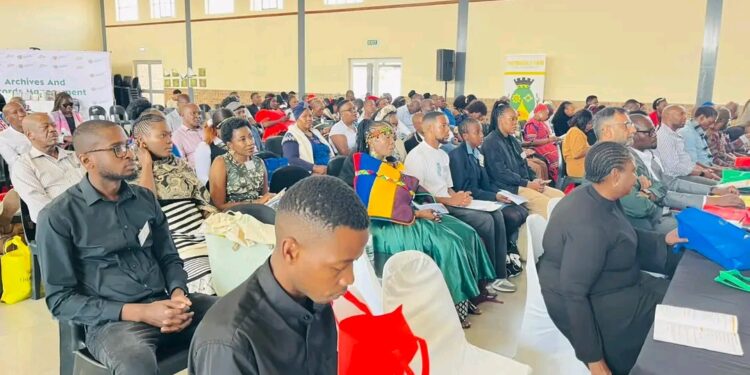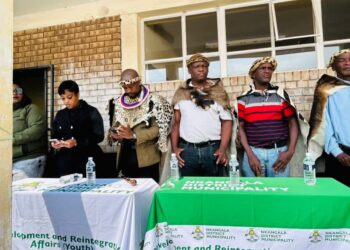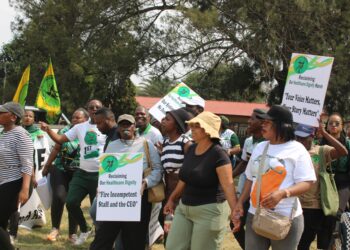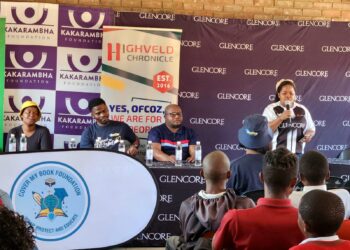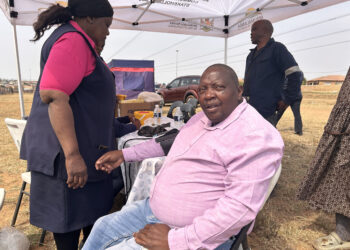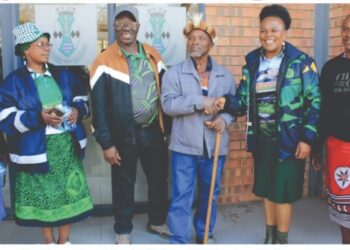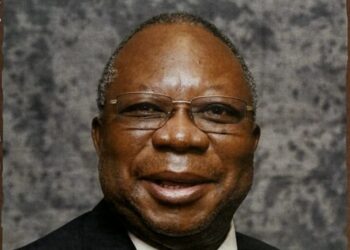KwaMhlanga– The Mpumalanga Department of Culture, Sport and Recreation hosted the 11th Annual Oral History Conference at Thembalethu Community Hall in KwaMhlanga, where voices of the past and present blended into one.
The theme for this year’s gathering, “Echoes of the Past: Memory, Identity & Heritage,” carried a deep resonance throughout the three-day event, held from 10 to 12 September 2025.
MEC for Culture, Sport and Recreation, Leah Mabuza, said they chose the theme to remind communities, especially learners and young people of the importance of knowing their roots.
“As a department, we must give our children a sense of consciousness and understanding of where we come from,” Mabuza told Highveld Chronicle. “History is not static; the history of yesterday will not be the same as tomorrow. Through oral history, we re-imagine the future by grounding it in the lessons of the past.”
The conference drew a vibrant mix of traditional singers, researchers, heritage practitioners, learners, historians, community elders and academics. They were all united by a passion for preserving memory. The programme featured presentations, panel discussions, and storytelling sessions where custodians of oral traditions shared their lived experiences.
Beyond the spoken word, the department’s “walking museum” captivated audiences. Display tables brimmed with rare historical books, traditional garments, handmade dolls, unique stones and cultural artifacts. A mobile library encouraged visitors to explore heritage literature, while promoting local authors and their stories.
One of the most memorable moments came from Sbongokuhle Khonjelwayo, a learner from Hoërskool Kriel High representing the Nkangala District under the Chief Luthuli Oral History Competition.
Her research on the expansion of nuclear energy in diversifying South Africa’s energy mix both surprised and impressed the audience. She outlined the advantages and disadvantages of nuclear power, weaving her findings into a larger reflection on how history shapes future choices.
Khonjelwayo shared how the experience transformed her. “Most importantly, I discovered that our elders play a vital role in preserving our heritage. They showed me that it is better to hear stories directly from them than to rely on social media. Our past illuminates our future.”
MEC Mabuza further emphasized the need to take oral history beyond an annual event. She proposed that universities and scholars host continuous programmes, including webinars and lectures, to bring history closer to communities.
“We need to capture and preserve as much knowledge as possible for the future generations,” she said. “My wish after this event is to see learners and scholars replicating this knowledge, ensuring our children never run away from history.”











